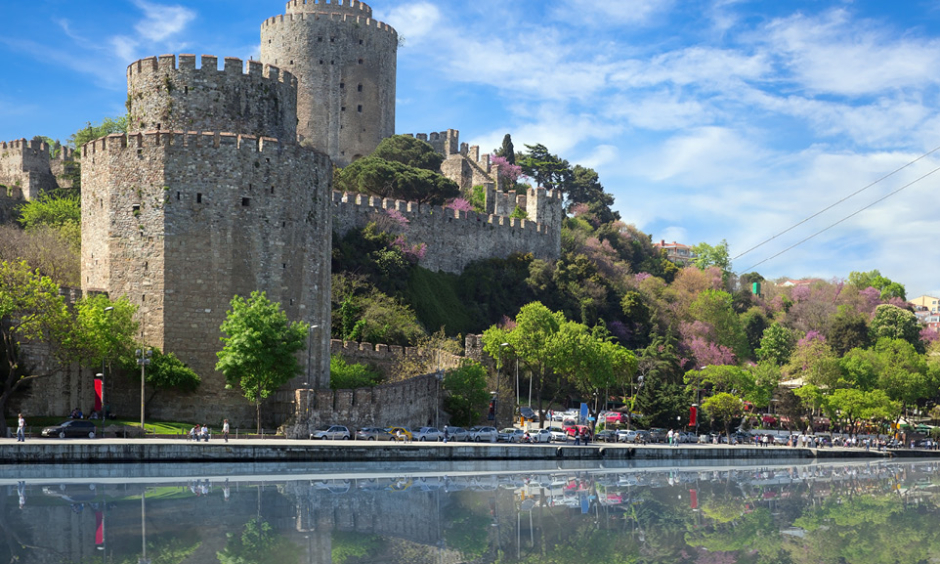Abstract
Vascular calcification involves passive degeneration and an active process of arterial mineralisation, resembling osteogenesis. In chronic kidney disease, several proteins that physiologically control bone mineralisation, are also involved in the molecular and cellular mechanisms of the pathogenesis of vascular calcification. In fact, arterial cells grown in culture are induced to become osteogenic by inflammatory and atherogenic stimuli, such as high phosphate concentration. Mechanisms linking them must be considered in clinical decisions. Further understanding of processes causing vascular calcification may be considered for new therapeutic options for vascular disease in renal patients.
Please view the full content in the PDF above.








